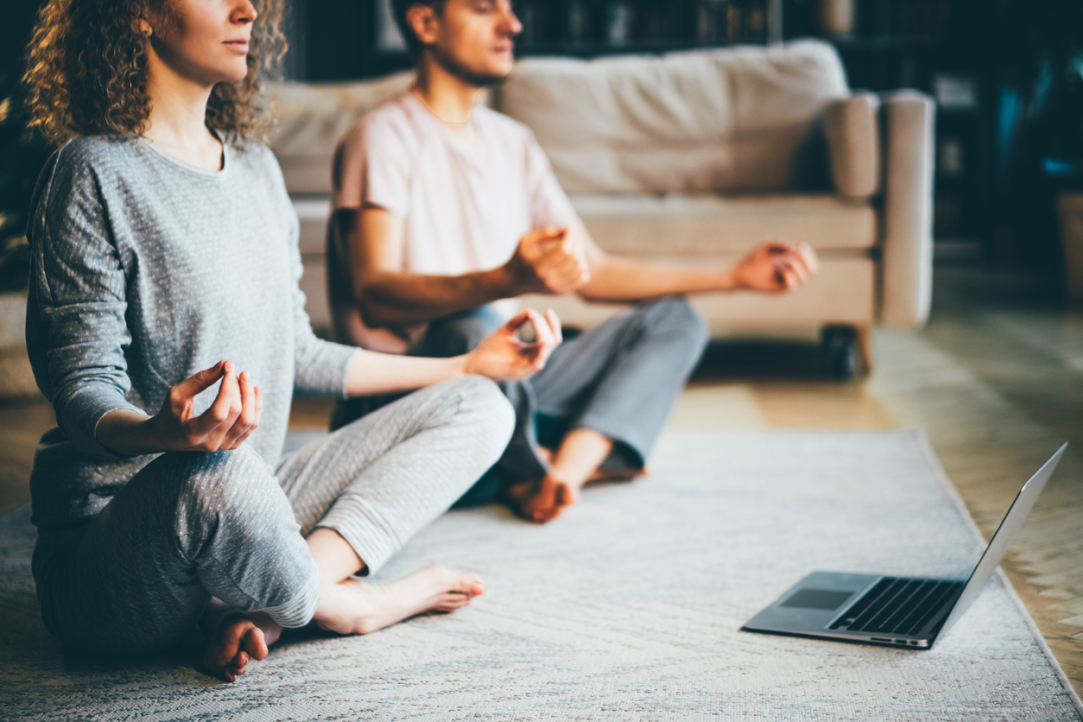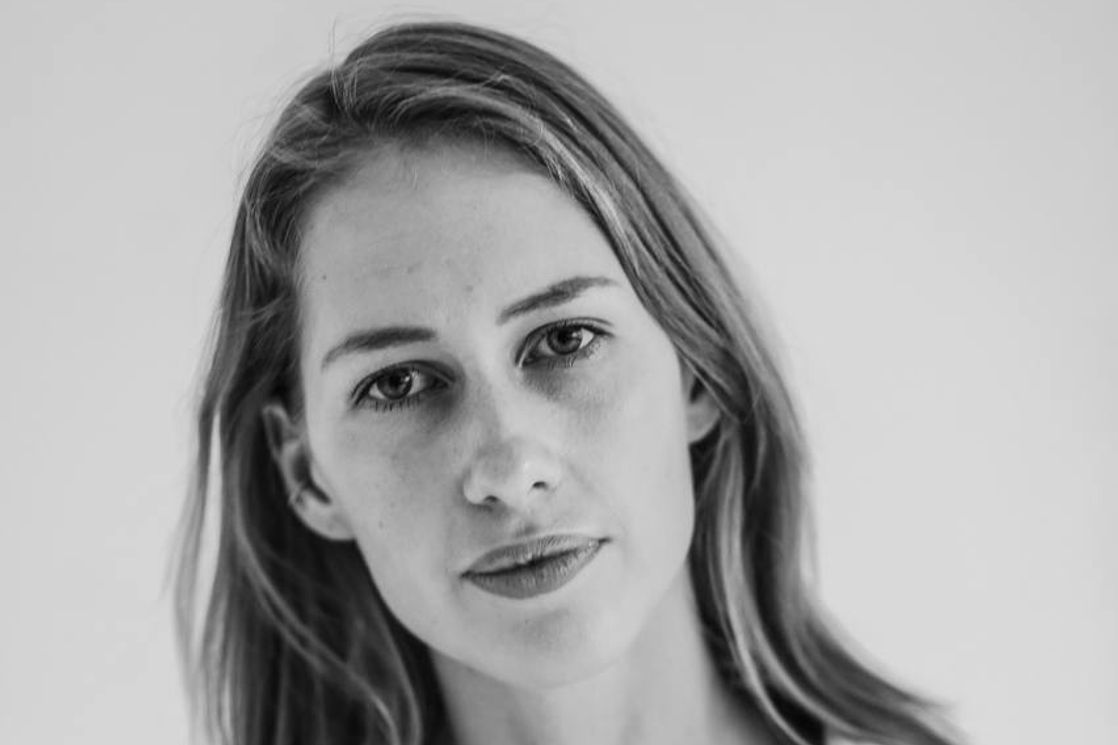‘The Study Experience at HSE University Was Important to Me in Starting in a New Career’

Russian corporations have started practicing mindfulness meditation to solve psychological tasks in their teams. The Applied Psychology: Health and Well-Being journal has accepted for publication the paper ‘Short-Term Effects of an Online Mindfulness Meditation Intervention’ by Evgeny Osin, Associate Professor at the HSE Faculty of Social Sciences , and Irina Turilina, graduate of the master’s programme in Counselling Psychology. Personality Studies. Irina spoke to the HSE News Service about the research and her studies at HSE University.
Mindfulness Meditation
We should probably start with a definition of ‘mindfulness meditation’: it is the intention to focus your attention on thoughts and bodily feelings without reacting to them. In Buddhism, mindfulness meditation is aimed at understanding human nature and getting rid of suffering. In the Western context, its goal is to solve specific psychological tasks, such as overcoming stress, anxiety, impulsive reactions, compulsive thoughts and other negative phenomena.

Mindfulness meditation attracted the interest of U.S. psychologists back in the 1970s, when they saw its therapeutic effect. Jon Kabat-Zinn, for example, came up with an MBSR (mindfulness-based stress reduction) programme to treat chronic pain. It is known that resisting negative feelings only reinforces them, while meditation is about observation and acceptance. Psychologists have developed meditation-based programmes to deal with self-harm, addiction, chronic pain, destructive thoughts, compulsive overeating and other problems.
Mindfulness meditation can help identify signals of hunger and fullness, track unpleasant sensations in the body (such as anger, aggression and anxiety), choose personal ways to react and separate destructive thoughts from reality. And these are only a few of the many possible psychological effects.
This practice is quite popular in the West — the Calm meditation app now has about one million active subscribers. Russia is seeing an increasing interest in mindfulness and meditation. Today, major companies such as OZON, Qiwi and Sber use this practice to resolve corporate problems: to decrease stress, to solve conflicts effectively, and to prevent burnout.
The Research Process
I was initially interested in meditation as a method to deal with difficult conditions. This is how I came up with the idea for the experiment. I enrolled a total of 205 participants aged 18—67 on social media, namely VK and Facebook. The sample was randomly split into experimental and control groups.
The first group meditated for three weeks, while the other did not. The course used meditations in concentration, mindfulness, and loving kindness from the Calm app. The participants filled in questionnaires on various aspects of self-regulation both pre-test and post-test, and submitted written feedback on their experiences.
Interestingly, participants who completed the course and filled in the pre-test and the post-test questionnaires initially had higher levels of self-control. This is likely because the practice of meditation requires organization and effort— you need to schedule a time, find a calm place, sit with a straight back and concentrate.
Studies at HSE University and Existential Analysis
I started thinking about taking up psychology while I was studying at the Department of Philology, but I kept putting the idea off. I was frightened by the length of studies and had doubts whether it was right for me or not. When I came back to the idea yet again, I realized that my only option was to give it a go. I already trusted HSE University—it’s a modern institution and my friends had good things to say about it. The master’s programme at HSE was my first experience of psychology education.
I felt a little scared, anxious and uncomfortable. The track in Existential Analysis and Logotherapy required a certain personal openness, which was sometimes hard.
The study process had its advantages and drawbacks, like any other kind of education. I would have liked to learn more about the fundamentals of psychology, but I understand that you can’t fit everything into a two-year curriculum.
Professor Alfried Laengle’s meetings, supervisions and lectures were valuable to me. Each of them uncovered new depths of existential analysis, and it was enchanting to be so close to this primary source of knowledge. I’ve had a great collaboration with Evgeny Osin and it’s been nice to work with him. I’ve felt unrestrained with him, as an equal, and he supported me and helped during the research process.
The study experience at HSE University was important to me in starting a new career. After graduation, I completed a course in narrative therapy and SFBT (solution-focused brief therapy), both of which I now use in my therapy sessions. I sometimes think about returning to existential analysis and integrating it into my work.
Evgeny N. Osin
See also:
Meditation Affects People in Different Ways
A group of researchers from the HSE Centre for Bioelectric Interfaces has studied the activity of the brain and other body systems during meditation. It was the first study to show that, when following the same instructions, some people relax, while others concentrate. The results of the study were published in the PLOS ONE journal.


